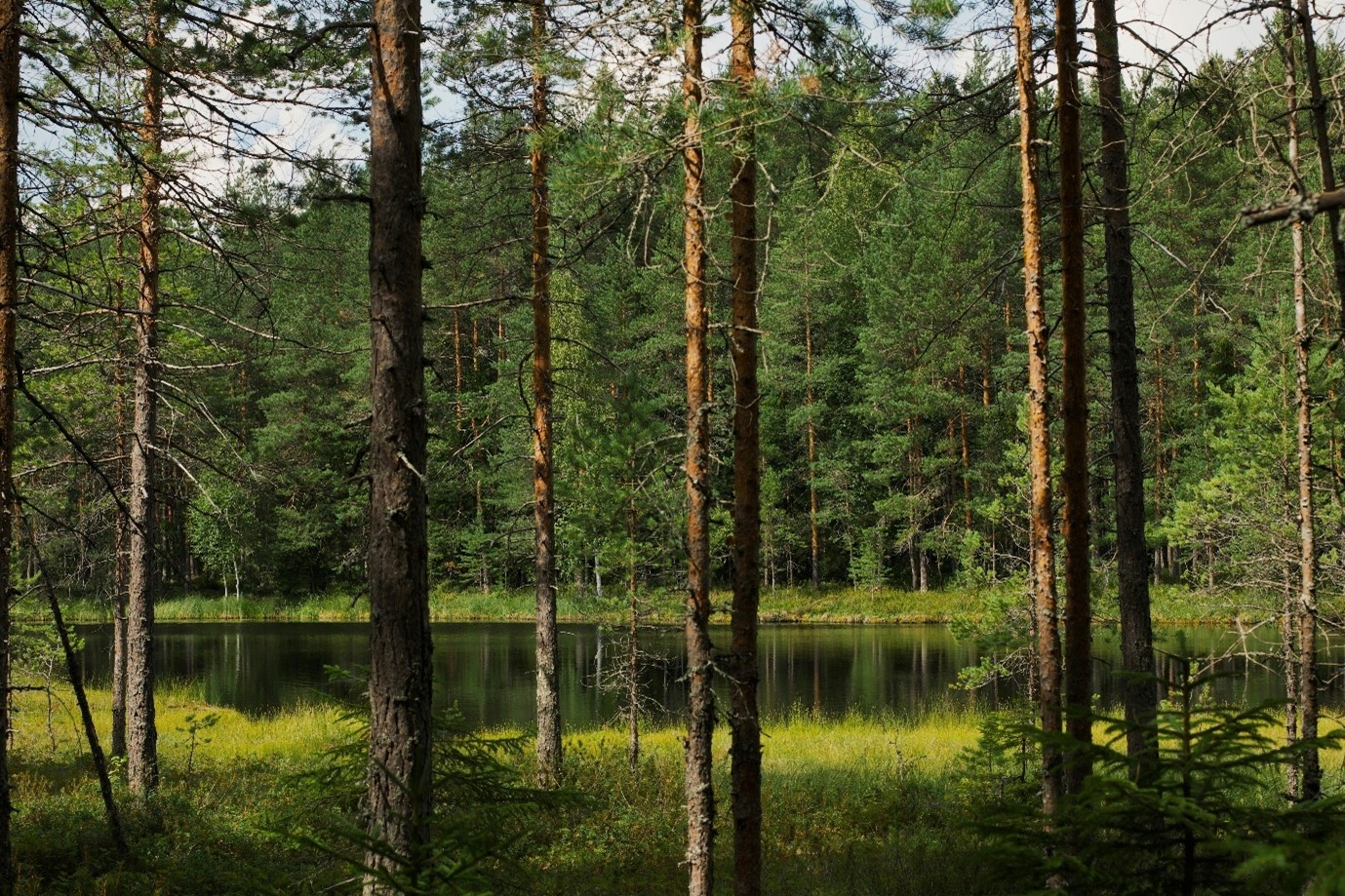
From theory to practice: Leading Europe’s carbon farming transition
In The News 29 Jan 2025
|
What is carbon farming?
Carbon farming can be defined as a green business model that rewards the actors of the land sector for taking up improved land management practices resulting in carbon sequestration in living biomass, dead organic matter, and soils by enhancing carbon capture and/or reducing the release of carbon to the atmosphere. |
In March 2024, the inaugural European Carbon Farming Summit, organised by EIT Climate-KIC as part of Project Credible, was held in Valencia, Spain. The summit brought together over 600 professionals across a range of sectors to discuss how Europe should move toward a more regenerative form of agriculture.
Now, as we look forward to the second edition in Dublin this March, our focus shifts from theory to practice. This year’s summit will gather the broader community, from farmers and land managers to policymakers and carbon credit buyers, with the aim of operationalising carbon farming. Through delivering practical solutions and presenting carbon farming as a tool for transformation, the event will address the need for sustainability indicators and clear frameworks to support resilient and fair food systems.
In the build-up to Dublin, here’s how EIT Climate-KIC is leading the transition by supporting innovative projects related to carbon farming, and why this year’s summit matters more than ever.
Ireland’s pioneering principles for carbon farming

Dublin Castle, the host venue of the 2nd European Carbon Farming Summit.
Ireland is a trailblazer in agricultural innovation within Europe. The government is championing carbon farming as a pillar of its national climate strategy – aiming to reward farmers not just for carbon sequestration but for broader ecosystem benefits such as biodiversity, water quality, and soil health.
In close partnership with EIT Climate-KIC, Ireland is developing national principles guiding carbon farming and nature credits. This approach goes beyond conventional carbon removals – encompassing emission reductions from soils, fertilisers, and fossil fuel use. With almost two decades of experience in results-based payments, Ireland is well-positioned to integrate data-driven systems that ensure financial rewards are tied to verified outcomes.
The principles will be tested through a large-scale demonstration project involving up to 5,000 farmers by 2027, depending on funding. The Dublin summit will offer a unique opportunity to share insights from Ireland’s progress and inspire other countries to adopt holistic carbon farming approaches.
Investing in the future of carbon removals
Advancing carbon removal requires financial innovation, and EIT Climate KIC’s Carbon Removal Fund plays an important role in addressing this challenge. This Fund is designed to provide upfront capital to innovative carbon removal projects in exchange for future credits – unlocking the resources needed to scale promising solutions.
The Fund focuses on 100-year durability options, such as biochar, while also targeting nature-based and technological solutions capable of delivering durable carbon sequestration outcomes. Using pre-payment agreements, project developers gain early financing without diluting equity or disrupting operations. The Fund demonstrates how Climate-KIC is supporting market-based solutions to accelerate the adoption of credible carbon removals by de-risking investments and creating sustainable revenue streams.
Scaling climate-smart farming practices
Both demonstration and knowledge-sharing are central to making carbon farming accessible to farmers across Europe. Two major initiatives supported by EIT Climate-KIC, Climate Farm Demo and ClieNFarms, are scaling innovation by embedding practical solutions in real-world farming systems.
Climate Farm Demo operates in 27 countries – connecting 1,500 farmers to implement and showcase climate-smart farming practices. With the help of annual demonstration campaigns and peer-to-peer learning through Living Labs, the project provides insights into mitigating emissions – improving carbon sequestration and soil health, while boosting farmer confidence to adopt new practices.
ClieNFarms takes a multi-actor approach to co-developing and scaling systemic solutions for climate-neutral and climate-resilient farms. In collaboration with farmers, businesses, policymakers, and investors, the project ensures solutions are not only technically sound but economically viable – creating business models that can drive the net-zero transition across Europe.

Agricultural land can be used for renewable energy sources, such as solar panels.
Another project supported by EIT Climate-KIC, HarvRESt, is encouraging climate-smart farming by connecting renewable energy sources (RES), like biogas and solar power, with practices such as agroforestry and soil conservation. While HarvRESt’s primary focus is on helping farmers diversify income streams through energy production, it supports a systemic approach where the production and use of renewable energy is integrated within a global emission reduction and carbon farming strategy – enhancing the overall sustainability of the farm.
Forests as carbon storage powerhouses

Forests have an immense potential for storing carbon.
Forests play a critical role in carbon farming, offering a vast capacity for both sequestering and storing carbon. When forests are managed sustainably, they can grow, store carbon for decades, and provide materials like timber that continue to sequester carbon when used in long-lasting products such as furniture or buildings.
The INFORMA project, a pan-European initiative supported by EIT Climate-KIC, is advancing sustainable forest management through developing robust forest carbon certification methodologies to measure, report, and validate (MRV) carbon storage in forests across diverse biomes – from Finland’s boreal forests to Romania’s mixed woodlands. By connecting certification frameworks with advanced MRV tools, INFORMA demonstrates how forests can function as major carbon sinks while accounting for regional differences in forest management. This work, due to be shared at this year’s summit, highlights the need to integrate forests into the broader carbon farming conversation, especially given their potential to provide both rapid carbon storage and materials that retain stored carbon long after harvest.
Join us in Dublin!
The 2nd European Carbon Farming Summit is where the future of carbon farming in Europe will take shape. With key players across policy, science, and practice convening in Dublin, this is an opportunity to advance actionable solutions, align on critical methodologies, and strengthen the frameworks needed to support a climate-positive future. As a leader in the field and a founding member of Project Credible, EIT Climate-KIC is proud to host this event – bringing expertise and innovation to the forefront of Europe’s transition toward sustainable land use.
To register for the 2nd European Carbon Farming Summit, click here.
Distribution channels: Environment
Legal Disclaimer:
EIN Presswire provides this news content "as is" without warranty of any kind. We do not accept any responsibility or liability for the accuracy, content, images, videos, licenses, completeness, legality, or reliability of the information contained in this article. If you have any complaints or copyright issues related to this article, kindly contact the author above.
Submit your press release